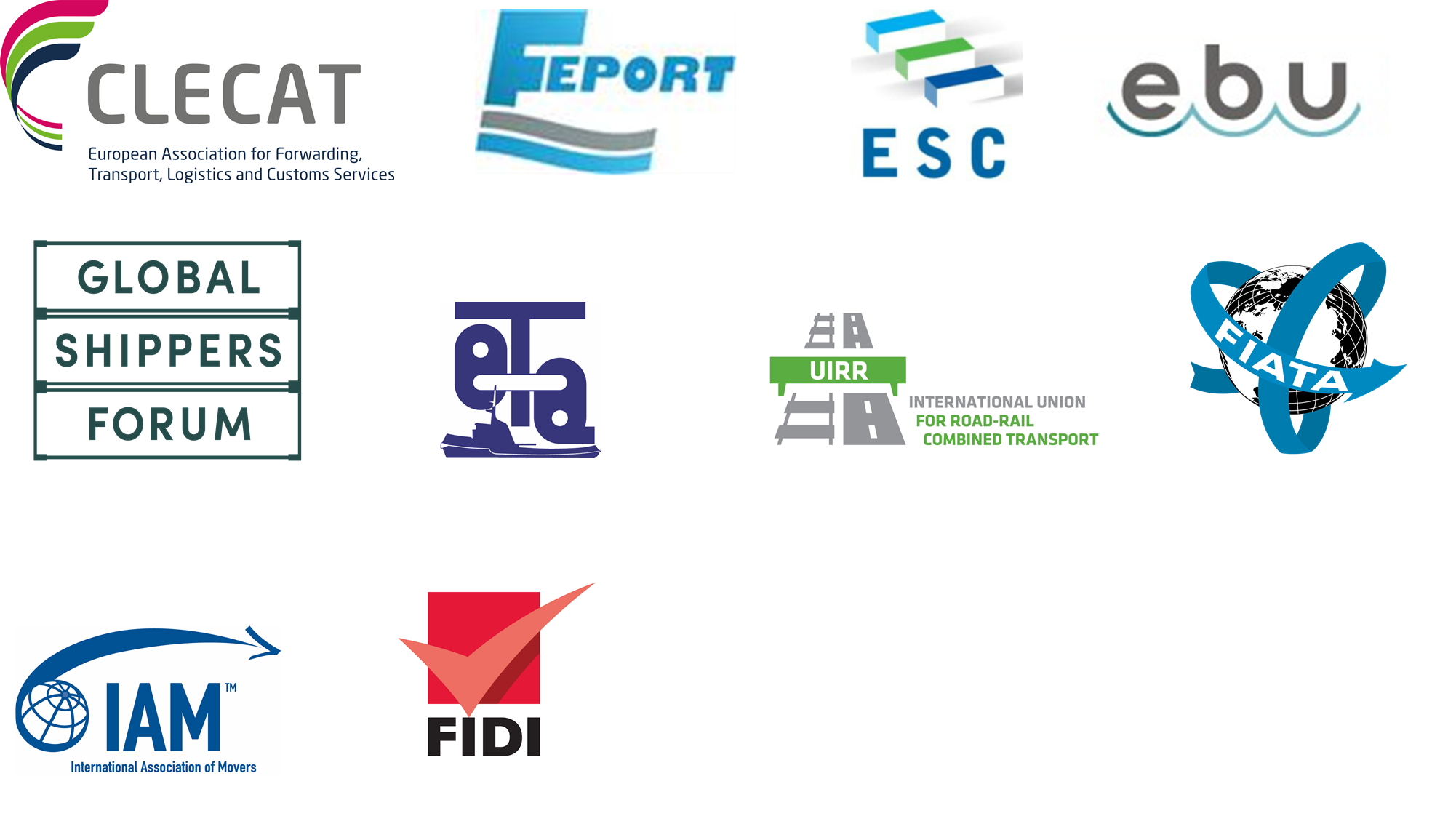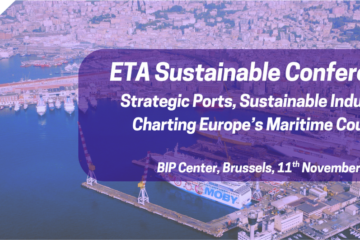
Ten trade organisations, representing the owners and forwarders of cargo, port terminal operators and other parts of the supply chain dependent on container shipping, are demanding an immediate start to the review of European Union’s Consortia Block Exemption Regulation for the container shipping industry.
The Regulation exempts container shipping lines from many of the checks and balances of EU competition law and permits them to exchange commercially-sensitive information to manage the number and size of ships deployed and the frequency and timing of sailings on trade routes around the world.
European businesses and other parties in the supply chain have suffered huge disruption to the movement of goods by container shipping since the Regulation was last renewed in April 2020, with many sailings being cancelled or diverted to other ports, and ports being bypassed (‘skipped’) at short notice. At the same time shipping rates have more than quadrupled on many routes and continue to remain 3 to 4 times higher than in 2019 before the pandemic.
The effects of lockdowns on the production of goods and the shifts in demand due to the effects of the Covid pandemic were certainly significant. But the ability of the shipping industry to collectively manage these impacts, and at the same generate profits totalling over $186 billion in 2021, at the expense of the rest of the supply chain, and ultimately Europe’s consumers, demonstrate that something is wrong. The benefits of the exemptions from general competition law enjoyed by the shipping lines are not being shared fairly between the lines and the rest of the economy, and this in itself constitutes a compelling reason why the Block Exemption should be reviewed urgently. In their letter to the Commission the signatories point to the revelations and recommendations of investigations conducted in the United States by the Federal Maritime Commission, resulting in May in the passing of a new Ocean Shipping Reform Act, addressing many of the grievances of users and services suppliers to the container shipping lines.
The Regulation’s review will allow all interested parties to submit evidence and arguments as to how the Commission should act to ensure the deep-sea container shipping market operates in a way that is fair and transparent to all parties in the maritime supply chain. This should include consideration of new measures and mechanisms and should allow sufficient time for these to be considered and implemented before the expiry of the current regulation in April 2024.



0 Comments